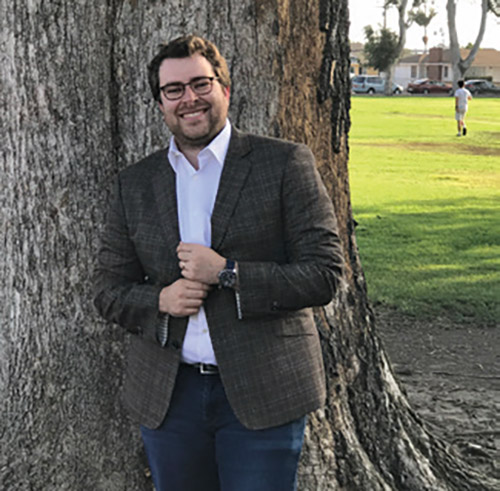
The Orthodox Union created a new internal and external research arm, the “OU Center for Communal Research,” which will put forward an effort to collect and analyze data from the Jewish community. The founding director of the center will be Matt Williams, a researcher who has been studying the field of Jewish communal outreach in America at the Berman Jewish Policy Archive, which is part of Stanford University.
Mixed methods will be employed in OU studies, meaning that both quantitative and qualitative research will be used for everything, from surveys to deep ethnographic work. “The idea here is that every phenomenon requires multiple means, lenses, to explore and triangulate, to the best of our ability, what actually goes on,” said Williams.
Recent web-based, opt-in surveys have been quick to identify general trends but the results are more difficult to understand statistically. In such cases, “we don’t really know and can’t theorize the relationship between the respondents and the larger population with that particular instrument of data collection. In those cases, we might get passion responses, the loudest voices, or perhaps those with the best access to social media. In Orthodox communities the last one should be taken seriously,” said Williams.
“If your goal is to theorize whether a phenomenon exists, you might be able to use a web-based opt-in survey. What is tough to claim is what you are noticing is representative of an entire population,” he explained.
The OU will focus its research on how Jews learn to live Jewish lives, the diverse journeys they take in that process and the ways in which Jewish communal institutions influence behavior and sentiment. Williams’ past research, which will most certainly influence his work at the OU, was on the history of Orthodox outreach in post-war America, during four specific time periods he referred to as “keyholes” that one gains significant information by “peeking through.” The first was Yeshiva University in the 1950s and on, the second was Chabad of California. The third was Rebbetzin Esther Jungreis and Hineni, “which is more about the ascension of female spiritual leaders in outreach and in American religion generally in the 70s,” and the fourth was “Aish HaTorah in the ’70s, ’80s, and early ’90s, specifically looking at the development and impact of the Discovery Seminar, juxtaposed with comparative programs like Est,” Williams explained.
Turning to questions that will most likely to be posed on behalf of the OU, Williams’ first survey is set to be focused on “the economics” of Jewish life. In order to explain why the topic is central to the OU he asked the following questions: “Why do Jews choose to live where they do? What sorts of considerations go into that decision-making process? How might items like proximity to childcare, property tax, one’s mortgage, the affordability of tuition relative to cost of living or compensations available in the area—inform such decisions?”
“We’re in the early stages of more clearly defining our research questions, but America’s socioeconomic conditions are essential to the lexicon of Orthodox Judaism, how its lived, where its lived, and who gets to live it,” Williams said.
A second planned study is a survey of Orthodox single women, specifically those over the age of 30. Why this group? “There’s a popular sense that there is a disproportionate number of Orthodox single women who may or may not want to marry, might not be able to find a spouse (which may not be their ‘problem’), that there’s this demographic pyramid produced by birthrate and earlier age for marriage that disadvantages women, and that some Jewish communal institutions stigmatize women for being single in ways they don’t stigmatize men.
“All of these claims—for me—deserve investigation, because they make up a kind of consensus that community rhetoric often pools around. Further, I’d like to spotlight women’s voices as they deal with Jewish communal expectations—for good and/or ill—as that all relates to their own Jewish lives and experiences.”
In addition to these larger studies, the Center will conduct ongoing internal evaluation of OU programs, collect and make available existing research from external sources, produce publications and convene symposia and other events on pressing communal issues.
“In a constantly evolving world, it is imperative that we consistently reevaluate the realities and challenges of the community so that our programs and efforts will be most relevant and effective,” said OU President Moishe Bane. “The OU Center for Communal Research will, God willing, not only provide the OU with the data necessary to effectively carry out its mission but will be an important resource to others, ensuring that the needs of the Jewish community are identified and addressed appropriately.”
Williams holds degrees in art history, English, and Jewish studies from Yeshiva University and a master’s degree in history and public policy, and is currently completing doctorates in education and history at Stanford University. He is an alumnus of the Wexner Graduate Fellowship and a former Jim Joseph Fellow in Jewish Education. He was a summer fellow at the Katz Institute for Advanced Judaic Study, a Mellon Initiative Scholar of Art History at Yale University and a visiting researcher at New York University where he taught in the Wagner Graduate School of Public Service.
By Elizabeth Kratz










